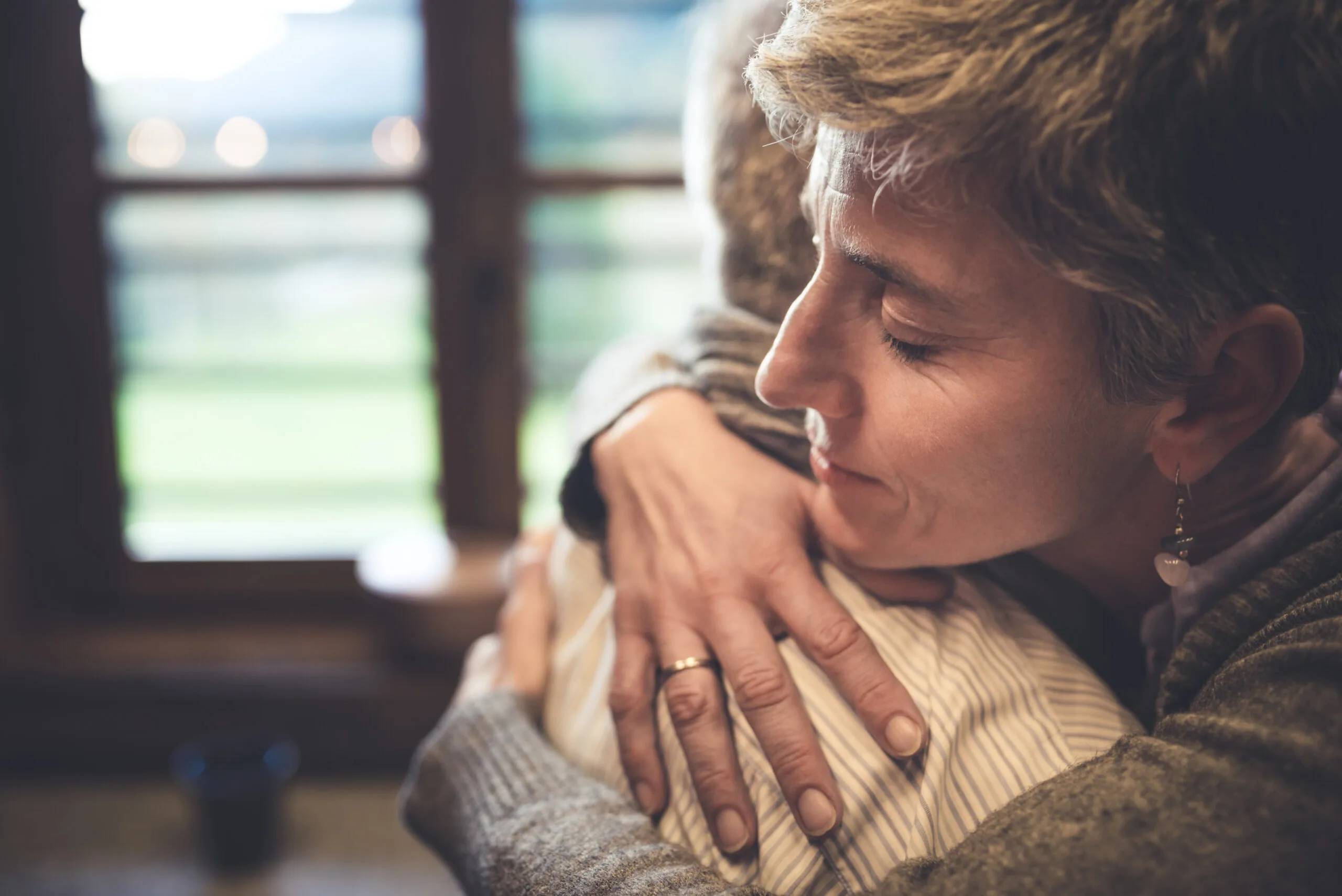Addiction affects millions of people every year in the United States alone, with nearly one million deaths directly resulting from drug overdoses.
Chances are, you can think of someone right now who indulges in drugs or alcohol too much, whether for “legitimate reasons” (such as in the case of prescription medication) or recreational. It’s a real problem in the States and one that’s only continuing to grow with each passing year.
The good news, the conversation around substance use disorders and addiction is becoming more mainstream and the education around substance use prevention is expanding. Many of us feel powerless in this substance epidemic like we don’t have anything to contribute, but there’s always something we can do to help.
In this article, we’re going to take a closer look at substance misuse vs abuse and discuss the different ways you can play a role in substance use prevention.
Substance misuse definition
While some people incorrectly use the terms “substance use” and “misuse” synonymously, they are distinct from one another.
Substance use refers to the act of consuming substances. It includes both legal and illegal substances, ranging from alcohol and prescription medication to recreational and illicit drugs. This is the most general term used in reference to taking substances and can vary widely in terms of frequency, quantity and reasoning.
Substance misuse refers to using substances (drugs, alcohol, legal or illegal) in a way that’s beyond what’s considered responsible, acceptable or healthy. Substance misuse isn’t at the level of abuse or addiction, but it can lead to various problems such as physical or mental health issues, financial instability, relationship difficulties and more.
Substance misuse vs abuse
Just as substance use and misuse are different from each other, so are substance misuse and abuse, even though they both describe problematic patterns of substance use.
While substance misuse refers to the irresponsible or harmful use of substances, substance abuse typically refers to a more severe and clinically diagnosable type of substance misuse.
It’s important to note that substance misuse and substance abuse are different from addiction, which is a severe, complex and chronic condition that’s characterized by the uncontrollable craving, seeking and consumption of substances despite adverse consequences.
While many people are able to overcome substance use, misuse and even abuse without professional help, those struggling with addiction typically are unable to recover without the structure and support of a specialized medical team.
Substance use prevention
The hard truth is, no one can really prevent the development of another person’s substance use disorder; at the end of the day, you’re only in charge of your actions, choices and life. We cannot control others or what they want or choose to do with their lives.
There are, however, actions you can take to help prevent the development of substance misuse and abuse in your loved ones. With the proper knowledge and approach, you can inspire and encourage others to develop their own knowledge and skills to make healthy choices.
One of the most influential approaches to substance use prevention is to be aware of your own relationship with substances. You can’t very well lecture a family member for getting drunk on the weekends if you’re doing the same thing, just as you can’t criticize someone for abusing their prescription when you use it recreationally yourself. Let your own life be an example.
Helping to promote proper information dissemination and education is also crucial, as is learning and sharing with others the common warning signs of substance abuse.
Building a healthy, supportive, productive community is incredibly powerful, and surrounding yourself with positive, purposeful, growth-focused people is often “contagious.”
Be sure to remember, there are no guarantees that your actions will reap the results you’re hoping for; you might do your best and your loved one could still choose to abuse drugs or alcohol. That’s not your fault.
That’s when it’s time to seek professional help.
Reach out for help today
If you think you or someone you love has developed a substance use disorder, reach out to us today.
Silver Ridge Recovery is a premier drug and alcohol rehabilitation center in Asheville, North Carolina. We have carefully curated this environment to be a place for adults to not only rest and recover but find long-term peace and develop healthy, sustainable lifestyle habits.
Whether you’re ready to enroll in one of our programs or simply want to speak with one of our qualified advisors and learn more about your options, we’re here to help you every step of the way.



